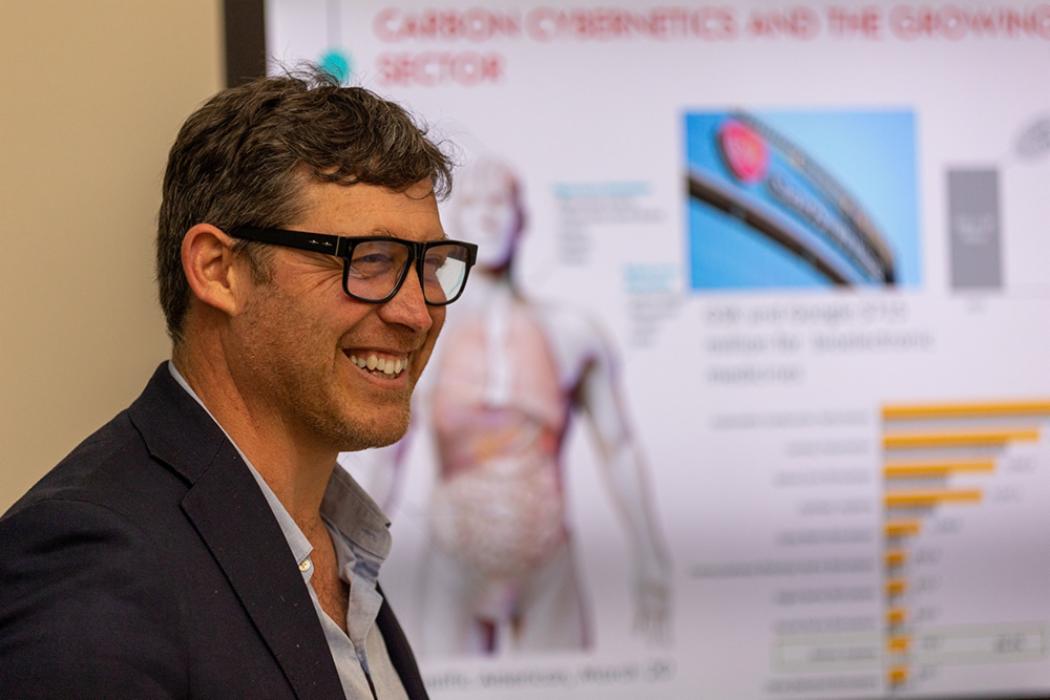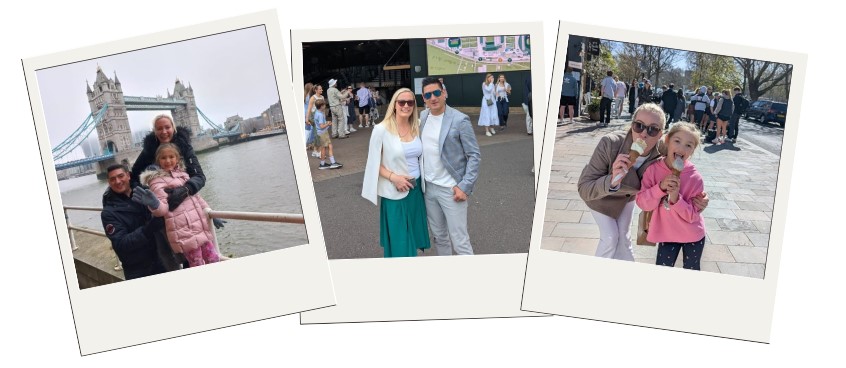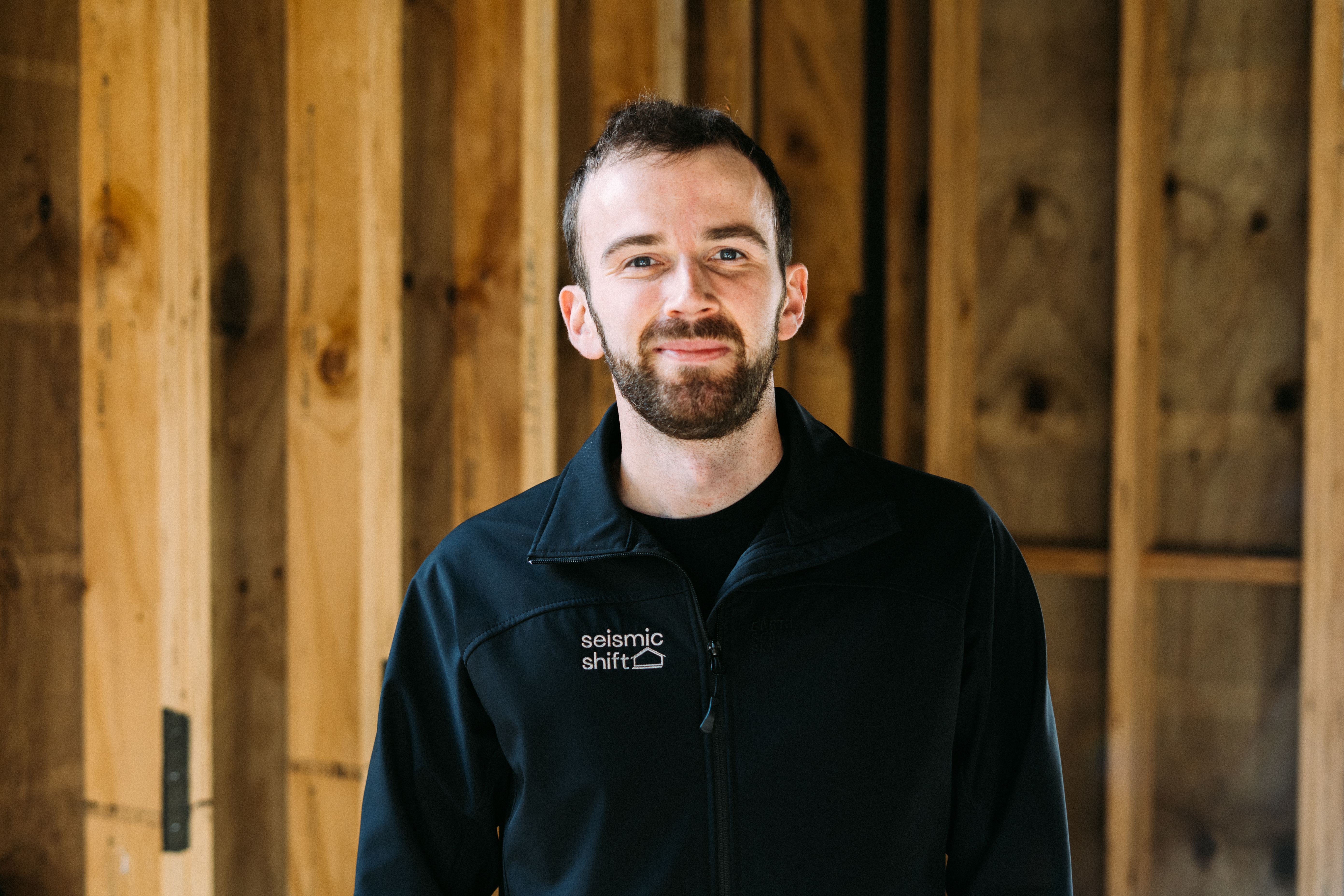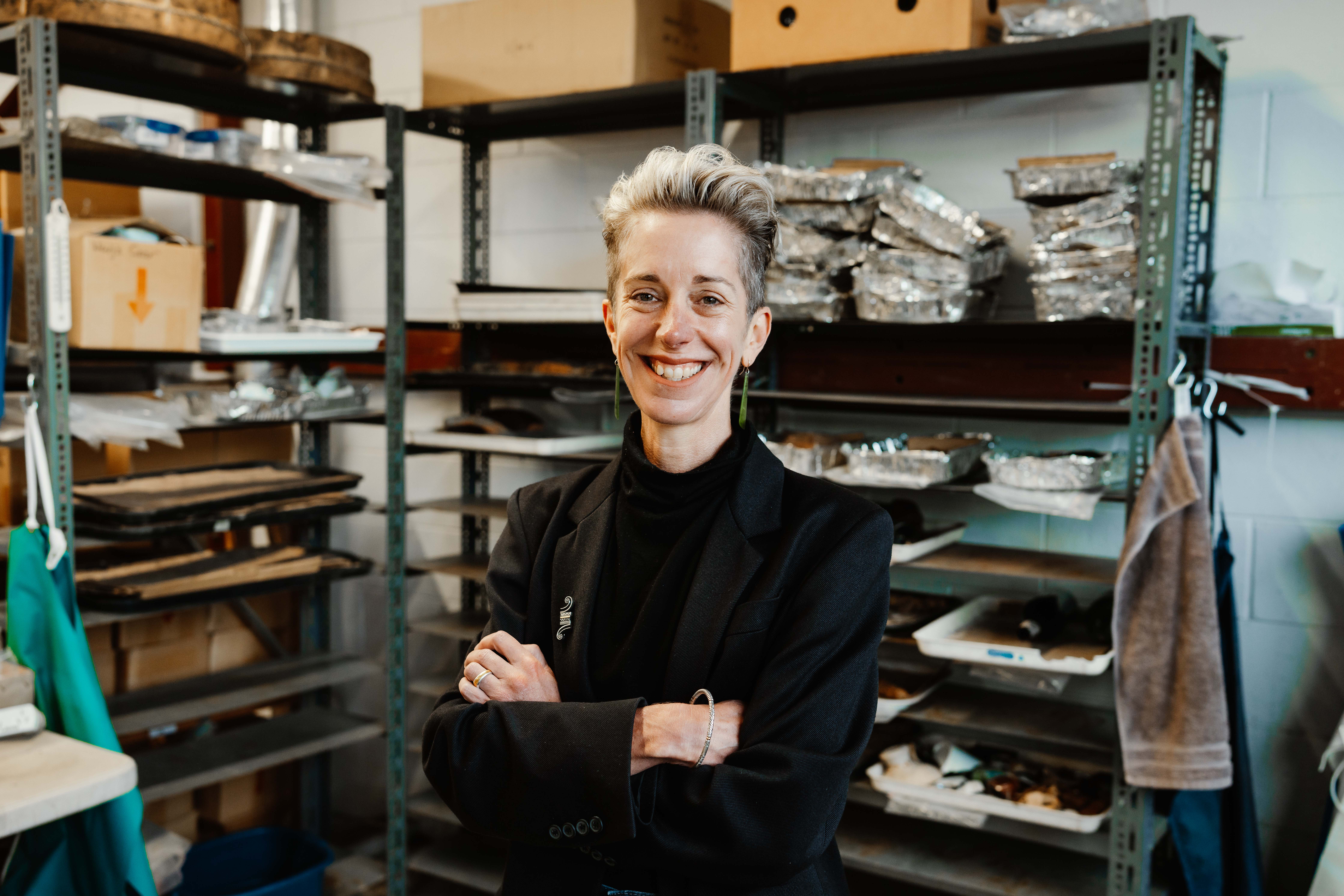You started Pickup Music as a community on Instagram — can you tell us a bit about how it's evolved into the platform it is today?
My company Pickup Music started as an Instagram page for musicians that I developed while living in New York. We then started offering online guitar lessons through a membership. Most recently, we’ve developed our own education software and expanded into bass guitar lessons.
Today, we have over 30,000 students who are mostly based in the US. We work with the world's best musicians and educators and film our content at our studio in Los Angeles.
Pickup Music currently offers learning pathways for guitar and bass. Are there plans to expand into other instruments in the future?
It’s taken a long time to figure out how to teach music online. We’ve found a long-form, very structured approach that works well for guitar and bass. I’m excited to see what our approach looks like with other instruments, starting with piano in 2026.
What excites you most about Pickup Music and the work you’re doing now?
Helping people learn music is a rewarding job. While I don’t get to play or teach guitar much these days due to my CEO responsibilities, growing a company and team is a creative challenge that I enjoy.
Has music always been a big part of your life? What was your own journey like learning and growing as a musician?
Music never came easily to me. I started late in life and had a lot of catching up to do, so I’m understanding of students who feel like they need to “catch up.”
My journey in music took a lot of grit, practicing for thousands of hours while studying at college. Not everyone has the luxury of attending a music school like I did, so my journey now is about making college-level education more accessible through online learning.
Do you have any fond memories from your time at UC?
I’m thankful for the mentorship and training during my studies that I received from Tom Rainey, Cameron Pierce, Harry Harrison, Bob Heinz, and the other music faculty.
Ōtautahi has always had a thriving musical community that helped develop my musicianship. I studied before the earthquakes, when there were a lot of live music venues. From what I’ve seen, there are now many places to play again, which is cool to see.
You’ve been living in Los Angeles now for almost ten years — what do you love most about life in the city?
After living through winter on the East Coast, the weather in LA is one of my favorite things about living here. There’s a strong Pasifika community here that I’ve enjoyed getting to know. Quite a few actors, dancers, and other people in the entertainment industry from New Zealand end up moving here, so it’s nice connecting with them.
Any final additional remarks or comments?
Sometimes, for New Zealanders, there is an allure to studying at colleges in the US. Before I came here to study and work, I assumed my New Zealand education and skills weren’t up to standard.
Studying, working, and growing a business here has shown me that the quality of education you receive for the fees you pay in New Zealand is very high.
Of course, I would never have been able to grow my company and skills in New Zealand because the market is so small.
I enjoy documenting my journey on my website samblakelock.com.
More alumni stories
David Garrett
07 November 2025
BSc Chemistry 2007, BSc(Hons) Chemistry 2007, PhD Chemistry 2011
CEO and Co-Founder, The Carbon Cybernetics Group
Associate Professor of Biomedical Engineering, RMIT University



.png)

.jpg)
.png)

.jpeg)

